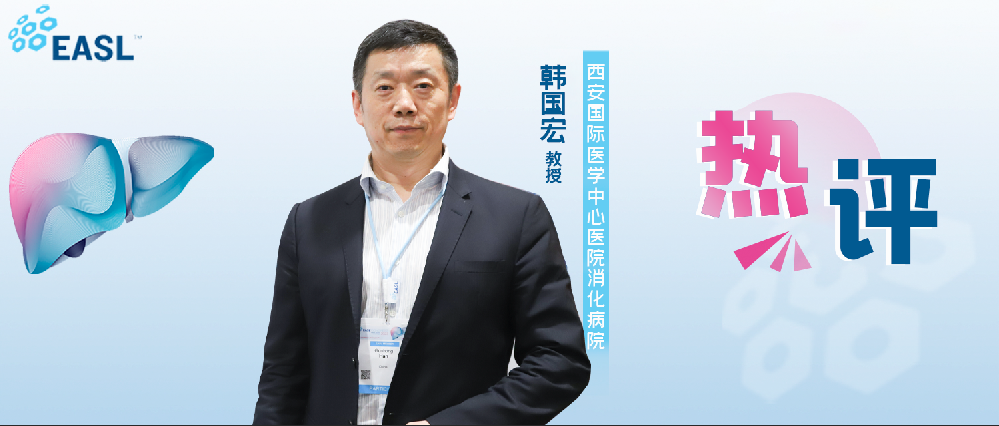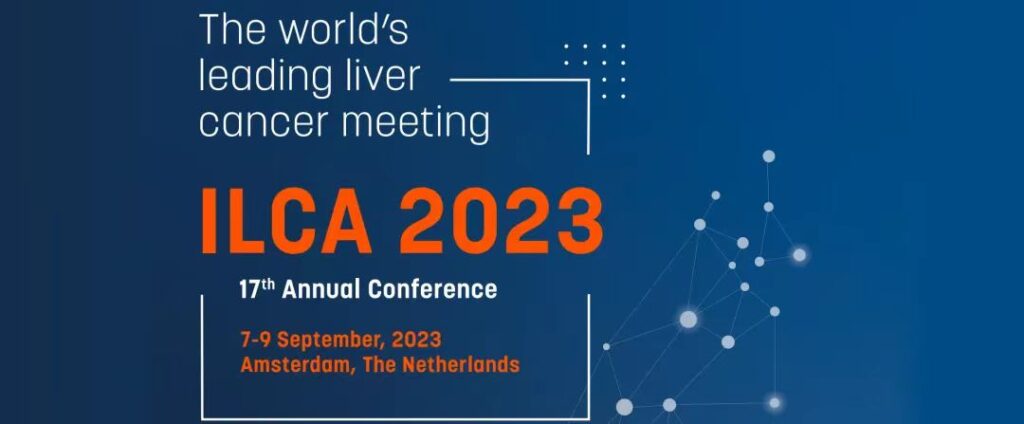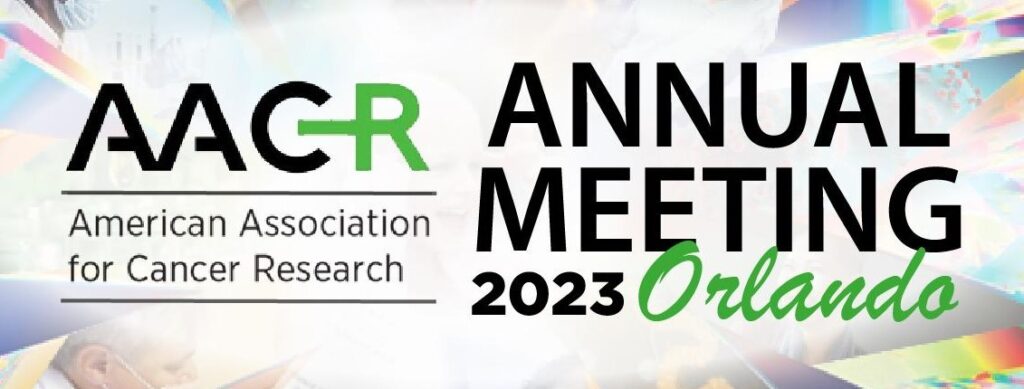With the advancement and innovation in surgical techniques, interventions, radiofrequency ablation, and other treatment methods, there are increasing treatments for early hepatocellular carcinoma. Curative treatments, including liver resection, liver transplantation, interventional treatment, ablative treatment, and radiotherapy, have all achieved satisfactory results. However, how to effectively and minimally invasively treat early hepatocellular carcinoma and manage it in the long term, while ensuring patients achieve long-term survival and improving their quality of life, has been widely discussed in recent years. From July 6-8, 2023, the 13th Asia-Pacific Primary Liver Cancer Expert Meeting (APPLE 2023) was held in Seoul, South Korea. A special session on the evolving management of early HCC was set up. Notably, Dr. Hyo-Cheol Kim from Seoul University, introduced the application of arterial therapy in early hepatocellular carcinoma and shared experiences from Korean hospitals.








